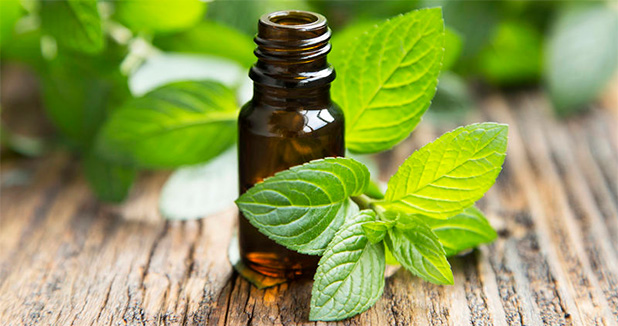If there’s a “cool kid” in the social-media wellness world, it’s essential oils. In recent years, these plant-derived extracts have been celebrated on Pinterest boards and Instagram feeds for their ability to do just about everything, be it elevating mood, lowering anxiety, easing heartburn, or cleaning grimy floors.
Indeed, essential oils can play a powerful role in promoting wellness. And research suggests that they have some hard-hitting pharmacological functions. But the online fervor raised by enthusiastic advertising campaigns and multilevel marketing strategies has made it more challenging to decipher when essential oils make a great choice for enhanced health and wellness — and when another treatment might make more sense.
How Do Essential Oils Work?
As active botanical compounds that give certain plants their signature aroma, essential oils are substances “that we respond to biologically, emotionally, mentally, and spiritually,” writes certified aromatherapist and licensed massage therapist Cher Kaufmann in Nature’s Essential Oils: Aromatic Alchemy for Well-Being. “Essential oils have the power to change our relationship with our environment and ourselves,” Kaufmann explains.
How exactly do essential oils support psychological well-being? It’s likely via your olfactory senses. “We know that smell is connected to the limbic system, which is an area in the brain that deals with emotions and memories,” says Sarah Villafranco, MD, an emergency-medicine doctor originally from Washington, D.C., who left medicine to create the essential-oil-based skincare line Osmia Organics in Carbondale, Colo.
This is the neurological theory behind aromatherapy: Because your sense of smell is so uniquely connected to emotion and memory, aromas have the power to transport you back to a particular moment — and feeling — in time. It’s why the scent of homemade chocolate-chip cookies can make you feel like you’re 8 years old again, licking the wooden spoon in your grandmother’s kitchen.
How to Use Essential Oils
To safely incorporate essential oils into your daily life, consider these top tips from the experts:
- Dilute, dilute, dilute. Never put undiluted essential oils on your skin. This can set you up for sensitization and allergic reactions. Essential oils should always be diluted with a carrier oil — not with water or a different non-oil-based liquid, because the two won’t mix. When mixing with a carrier oil, opt for jojoba or fractionated coconut oil because of their long shelf life. Avoid sweet-almond oil for long-term use, advises Scheidel, because it goes rancid quickly.
- Don’t confuse “more” with “better.” Marketers and lay practitioners often make the case that essential oils are safe because they come from nature. But these compounds are highly concentrated extracts that are far more active (and potentially dangerous) than in their as-it-exists-in-nature counterparts. When using essential oils, says Scheidel, dosage is critical.
- It pays to invest. Quality matters, and in the case of essential oils, price almost always reflects quality. “It takes 10,000 pounds of actual rose-petal blossoms to make one pound of rose essential oil,” says Villafranco. That’s expensive from a labor and raw-materials standpoint, and it’s a big incentive for unethical producers who hope to lure in customers with lower price points. “Some producers assume the average consumer won’t know if an oil has been diluted with olive oil or cut with something else,” she continues.
- Test your oil’s purity. Paying more helps safeguard against purchasing an oil that’s been cut with cheaper ingredients, but you can also test the quality of an essential oil by placing a drop on a piece of white computer paper, says Villafranco. “If there is a grease stain on the paper after 24 hours, the oil has been cut with a carrier oil. If it is pure, it will evaporate. You might see the faintest ring, but nothing more.”












